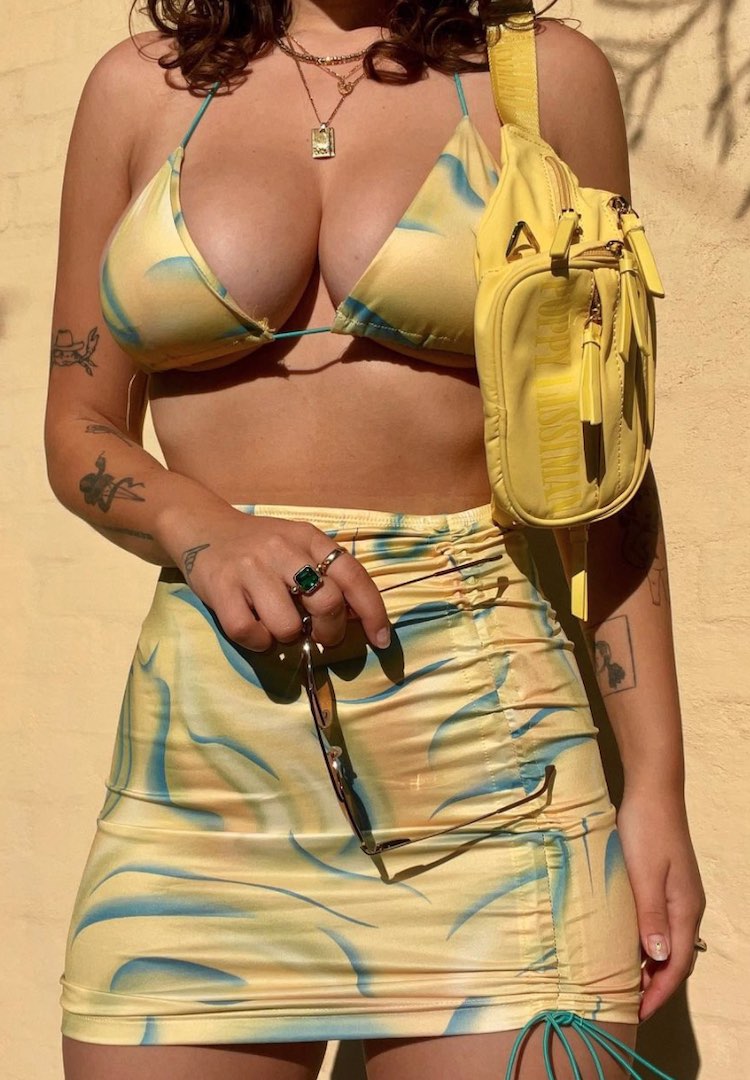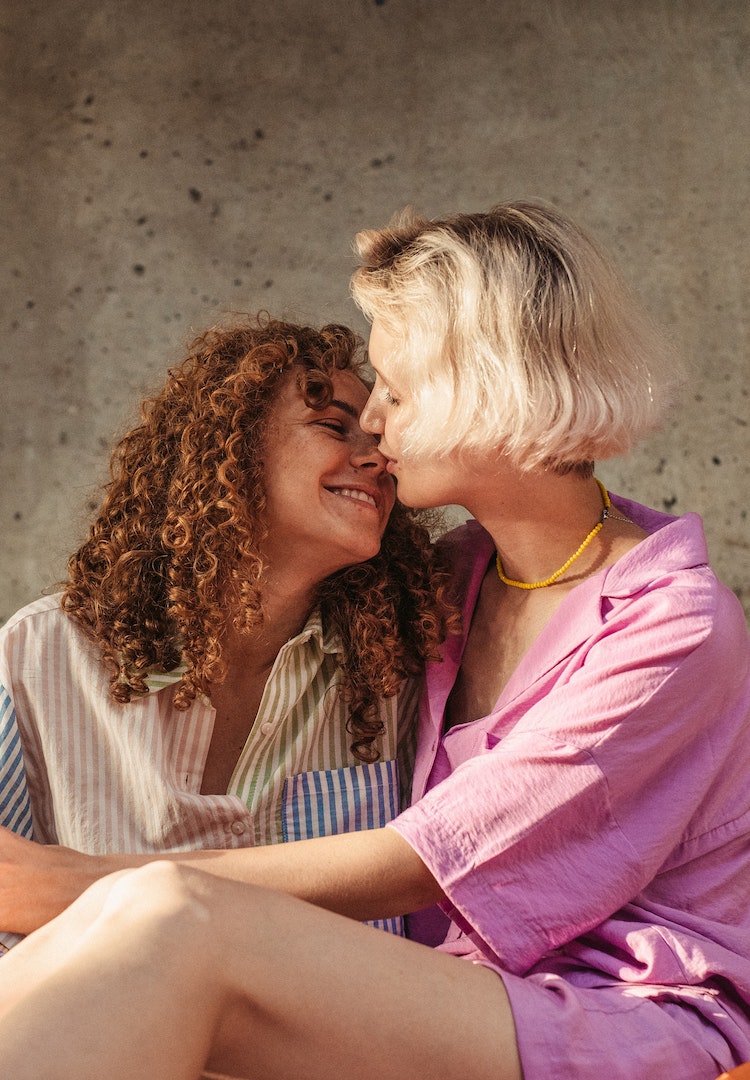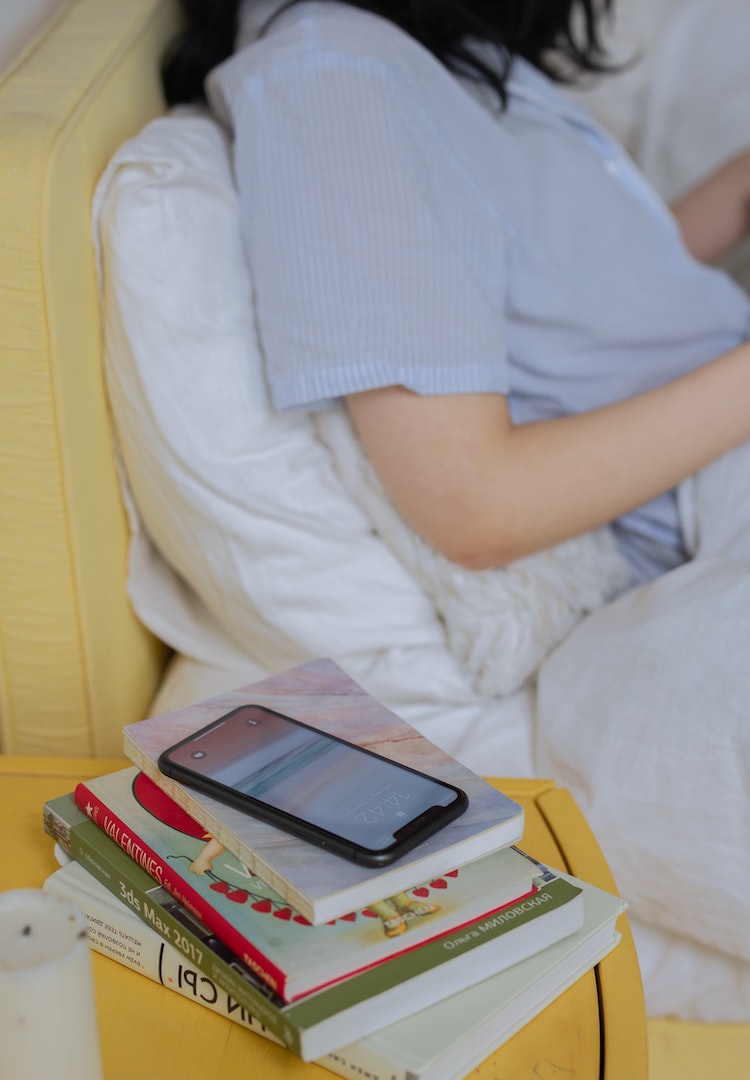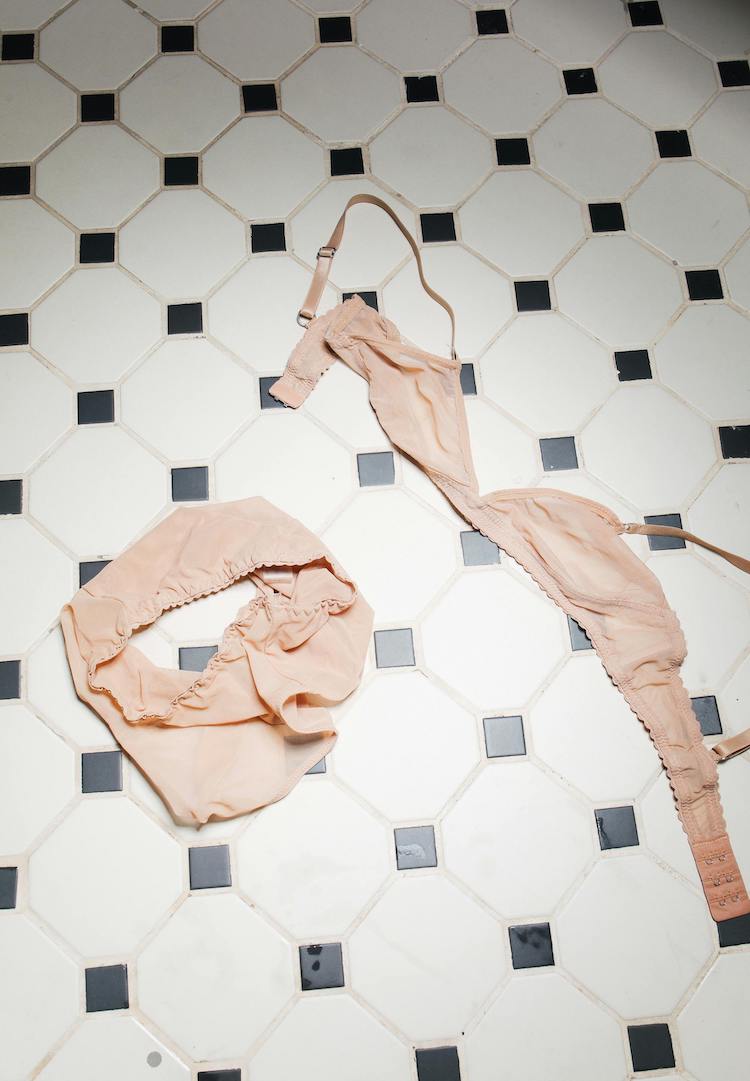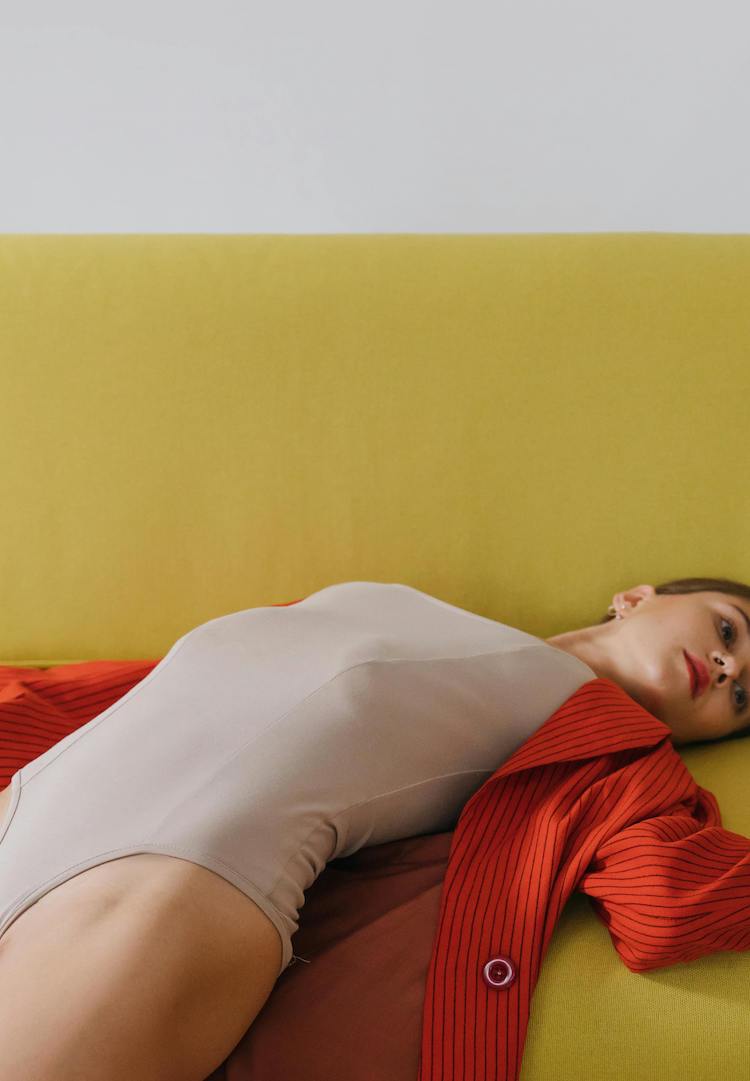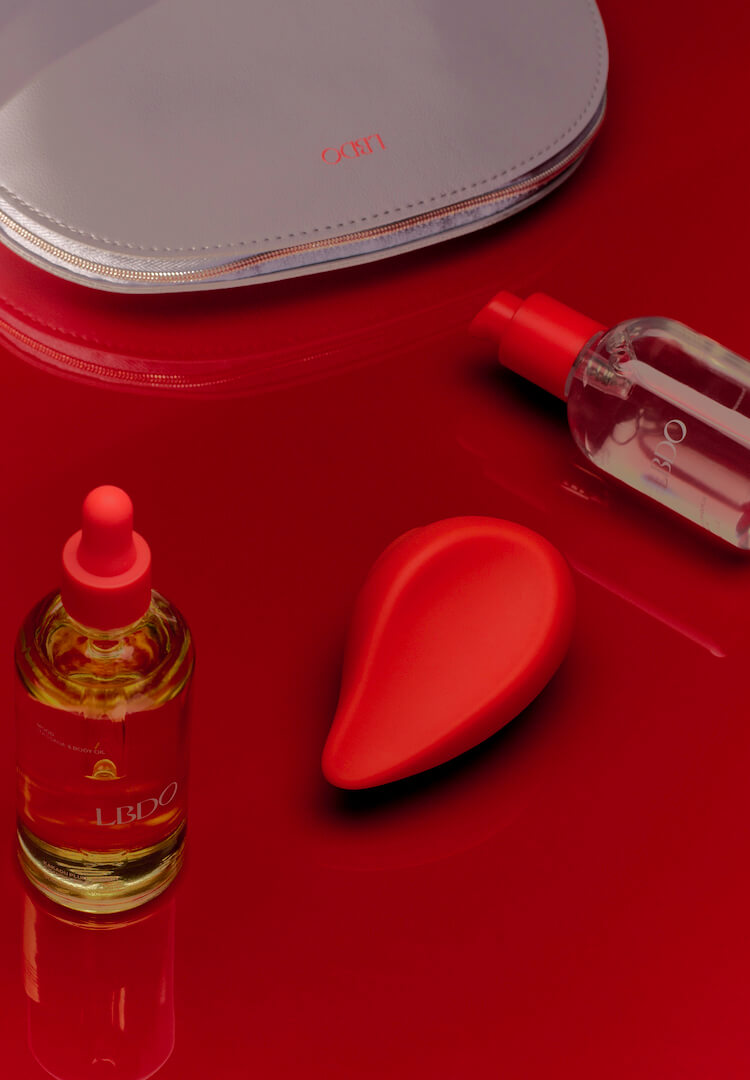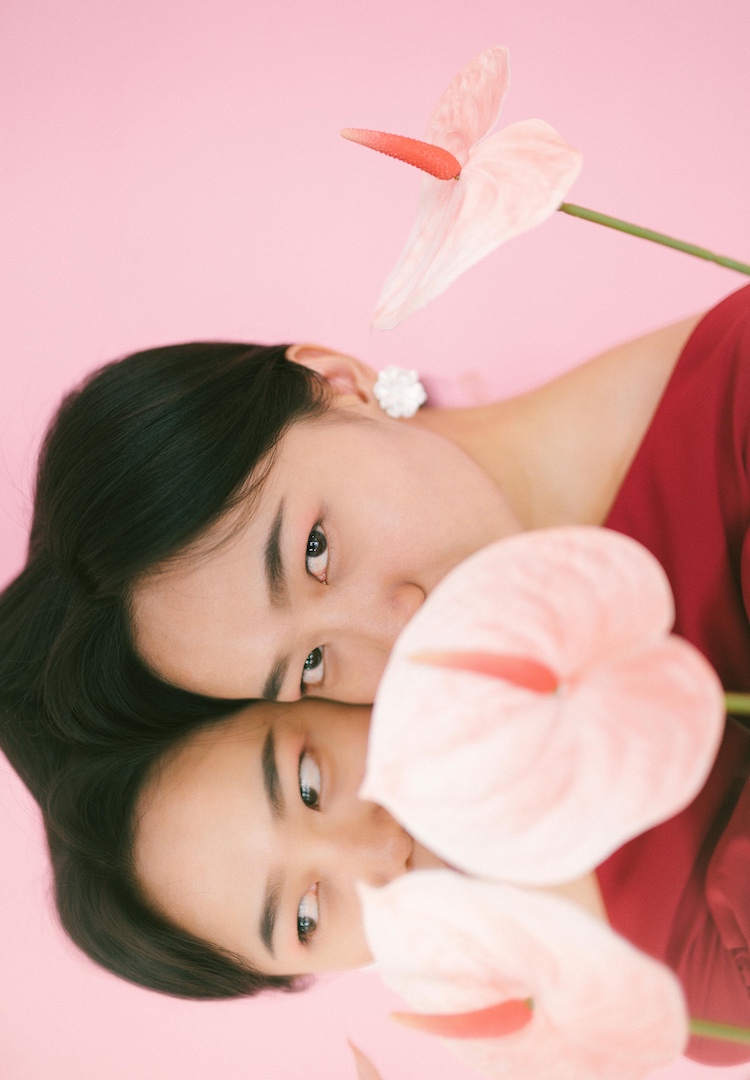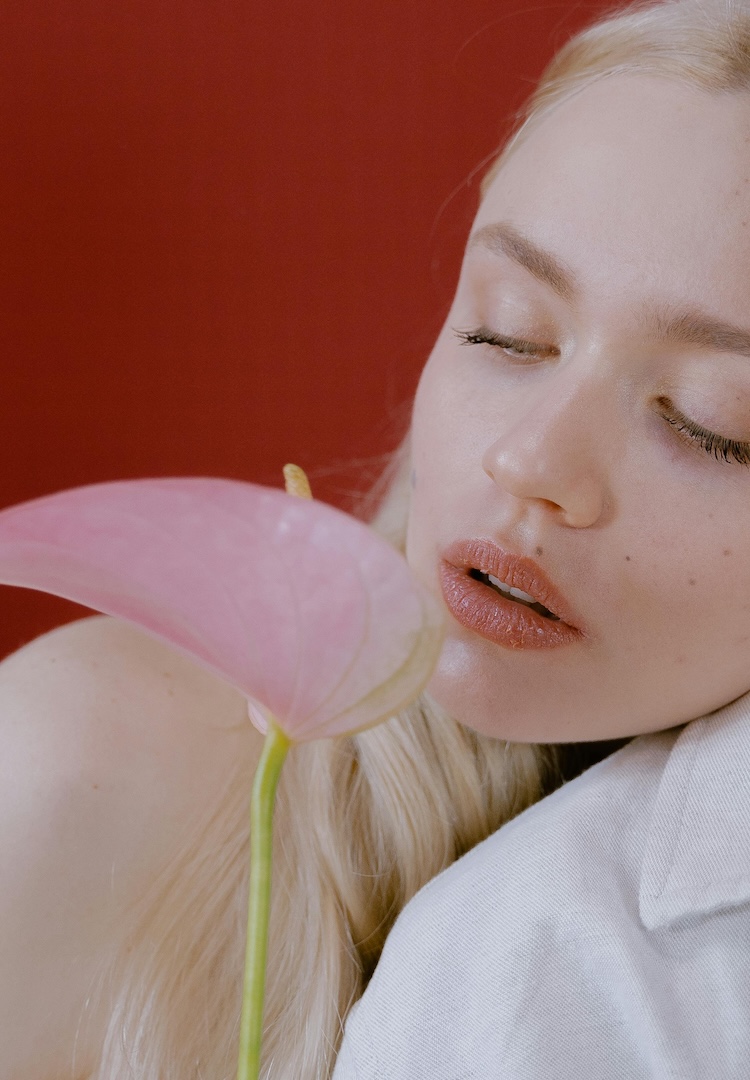Intrigued by open relationships? Here’s what you should know
WORDS BY LIZZIE MULHERIN
“I’ll ask myself – am I jealous right now, or am I just envious? Is it that I just wish I was involved as well? That kind of switches everything.”
When Rob and Katy met, the fireworks were instant. “We just had that immediate kind of connection,” he reflects. “It was one of those ‘when you know, you know’ moments that people talk about, but you never quite understand until you experience it.”
After six weeks of dating, Rob proposed. And within three months of meeting, the pair were married. Soon celebrating their one-year anniversary, Rob and Katy’s love and respect for one another is palpable – even during a phone interview.
For more dating advice, head to our Life section
Suffice to say, their relationship is thriving. It’s also open and has been since the beginning. Because Rob and Katy met at a swingers club.
“I work in the adult industry,” explains Rob, who took Katy for a hot air balloon ride on their first date. “So we had that openness talk from the very start. And given my line of work, finding someone who accepts me for me is such a big thing.”
For Katy, a former kindergarten teacher turned breathwork and sensuality instructor, finding a balance between what each of them like has been key. “Rob loves group sex and the swinging scene, whereas I love the more intimate and tantric experiences – so we find the balance between the two. It’s about navigating your desires and being able to explore them in a safe space,” she explains.
It’s no secret the lines in love are complicated and often blurry. Increasingly, people are questioning and even boycotting the institution of traditional marriage. And while it’s hard to gather accurate data on the rate of open relationships, it’s widely agreed – and reported – they’re on the rise.
“My sense is that there has been a trend toward more openness,” says Dr Rowan Burckhardt, Director of the Sydney Couples Counselling Centre.
“If you look at the sixties and seventies, open relationships weren’t very common. There was probably more infidelity that would happen, and it was just kind of tolerated. Now there’s less acceptance of that – though it still happens, obviously – but perhaps it’s been replaced with experiences of a more consensual nature.”
Dr Burckhardt says the increase could also be due to a shift in societal circumstances; no longer are monogamous relationship structures required to secure resources like land and food. “The vast majority of people in Western cultures are living the most luxurious lifestyles we’ve ever had in human history. With that comes an ability to go, ‘Well hey, do we want to experiment with these things?’”
Experimenting and luxurious lifestyles sound great, but is it really that simple? In a word, no. “Most people inherently want to be with one person and thrive in that environment,” Dr Burckhardt explains.
“As humans, we do have a need for connection and for building a bond with particular individuals, whether that’s really close friendships, family or romantic relationships. There’s also a dichotomy of competing desires. There’s a desire to meet someone, to build something, to create a relationship and perhaps a family, but we also have this desire to have sexual experiences.”
“A lot of people will balance that by perhaps prioritising the sexual experimentation in their younger years, and then placing greater importance on the settling and creating a bond at some stage after that. In a sense, they then sacrifice the other lifestyle – it’s a little bit of a mutual pact.”
Couples who err on the open end of the spectrum like Rob and Katy – be it sexual non-exclusivity or dating and forming relationships with others (polyamory) – can form mutual pacts of their own. But it doesn’t come without a trade-off.
“There definitely is [jealousy to navigate],” explains Rob. “But one big thing is to identify where those feelings are actually coming from. I’ll ask myself – am I jealous right now, or am I just envious? Is it that I just wish I was involved as well? That kind of switches everything.”
For Katy, it’s about identifying which feelings actually apply to Rob – and which are projections of past hurt. “Because Rob had been in this world for a while but it was all new to me, I had to do a lot of diving into my own insecurities in the beginning. I’ve had past experiences from previous relationships that have shaped me.”
Dr Buckhardt explains, “A certain amount of jealousy is just a very normal human experience to have in any relationship. It’s part of our wiring, it’s how we’re designed. For some people, it can be stronger because they may have had traumatic childhood experiences or past relationships that accentuate their fear and jealousy.”
Obviously, every individual comes with their own past, preferences and personality, and every relationship is different. While iterations of open relationships seem to be on the rise, Dr Buckhardt says it’s important to do your due diligence first.
“I use the analogy of couples who might go on a big yacht adventure out into the open ocean,” he explains. “For some couples, it really can be a big adventure and a very positive experience. But others can find themselves in over their heads.”
‘There are storms blowing… damage can be done that’s sometimes irreversible. I’m not saying it shouldn’t be done, but I’ve seen people perhaps jump into it a little bit too quickly and not be aware of the downsides that can emerge. Carefully do your research and weigh all that up before you make a decision.”
.
“For couples [considering opening their relationship], you want to be strong within your relationship first,” Katy says. “Don’t use the swingers as a bandaid. It can be an add-on fun factor, but you should have a solid base first. Make sure [each partner] feels valued within your relationship first, and your cups are full before you start swinging.”
For more on navigating open relationships, head here.

